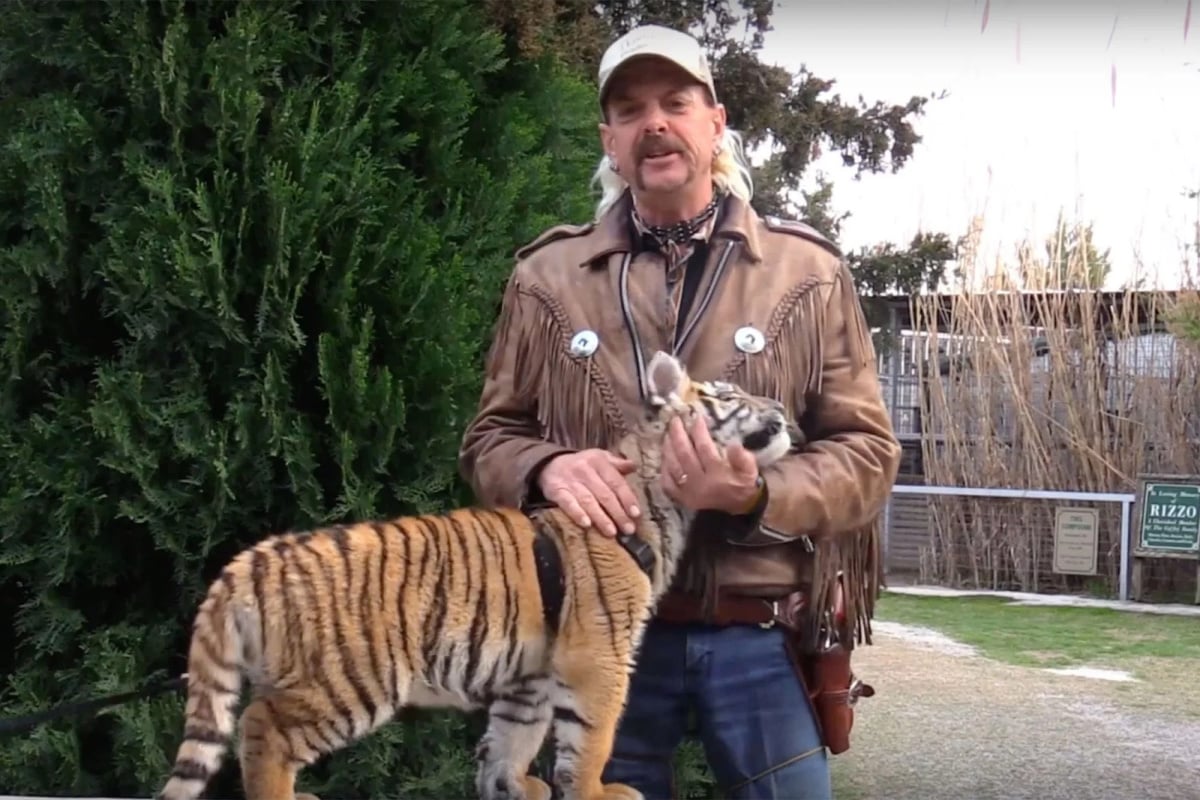When the Netflix docuseries “Tiger King” burst onto the streaming scene, it sparked conversations about the bizarre and often shocking world of exotic animal ownership in America. Its colorful cast of characters, riveting drama, and unexpected twists captivated audiences. However, beneath the surface of entertainment lies a more somber question: Is there any animal cruelty in “Tiger King”? To explore this inquiry, we must delve deep into the practices depicted in the series and the broader implications of keeping wild animals as personal pets.
“Tiger King” primarily follows the life of Joseph Maldonado-Passage, better known as Joe Exotic, a flamboyant figure who operates a large cat sanctuary in Oklahoma. While the show may be punctuated with ludicrous personal conflicts and outlandish rivalries, it simultaneously brings to light the alarming treatment of wild animals, raising ethical questions about accessibility and ownership. The dissonance between the entertainment value of the show and the serious implications of its content presents a formidable challenge for viewers: Can we reconcile our enjoyment with the ethics of animal treatment?
To address this quandary, we first need to scrutinize the various elements of animal care depicted in the series. One of the most glaring issues is the living conditions of the animals. Throughout the series, animals are shown in enclosures that are often too small, lacking proper environmental enrichment. Public sentiment often likens these settings to prisons rather than sanctuaries. This raises a pivotal question: Are these conditions humane by any standard?
The juxtaposition of the wild nature of tigers, cougars, and other exotic animals with their treatment in captivity beguilingly reveals a labyrinth of ethical dilemmas. According to the American Veterinary Medical Association, wild animals possess inherent instincts and complex social needs that are often incompatible with life in captivity. The confinement experienced by the animals showcased in “Tiger King” offers a sobering lens through which we can view the fragility of their lives beyond the entertainment narrative.
Moreover, the series spotlights various forms of questionable practices, including breeding programs intended to produce cubs for petting zoos and photo opportunities. This commercial exploitation of wildlife raises concerns about sustainability and the ethics of encouraging public interactions with these animals, essentially commodifying their existence. One cannot help but ponder the question: Is this practice a representation of animal cruelty in its most insidious form?
In tandem with breeding practices, “Tiger King” discusses less savory aspects of the trade, such as the illegal trafficking of exotic animals. Government agencies have consistently battled against poaching and trafficking, contributing to the decline of numerous species. The docuseries hints at this dark underbelly of the exotic pet industry, showcasing how these practices perpetuate a cycle of violence against animals. Through this lens, it’s imperative to assess not just the actions seen on screen, but the larger systemic issues that enable such cruelty to persist.
Furthermore, the character of Carole Baskin presents another layer to the animal welfare dialogue. As a prominent figure in the fight against animal abuse, there’s an interesting dichotomy perceived between her alleged motives and the welfare of the animals in her care. While Baskin professes a commitment to providing sanctuary for big cats, some critics argue that her views and methods warrant scrutiny. This contradiction raises an important point: Are efforts that appear altruistic, when closely examined, possibly masking underlying issues of animal cruelty?
An overarching theme in “Tiger King” is the stark distance between human interests and the welfare of wild animals. The focus on human drama often overshadows the subtle clues of suffering embedded within the framework of animal care. This aspect is reminiscent of conversations surrounding many forms of animal entertainment, where the allure of spectacle clouds ethical considerations. One must ask: Are we complicit in the continuation of such practices simply by engaging with them on a cultural level?
Another layer of complexity is introduced when considering the viewer’s role. The sensationalism of the series leads one to reflect on the responsibility of consumers in the age of “clickbait” and instant gratification. As engaged audiences, we possess a dual responsibility: to enjoy the content and to critically evaluate the ethics of what we consume. By enabling this type of entertainment, are we inadvertently endorsing the treatment of animals as mere commodities, rather than as sentient beings deserving of dignity? This conundrum signifies a pressing need for society to confront its complicity.
Concisely put, “Tiger King” is a cultural phenomenon that refracts the norms surrounding exotic animal ownership through a prism of drama, comedy, and tragedy. However, stark realities cloaked in entertainment value raise profound questions about animal welfare and ethics. The series serves as a powerful reminder that beyond the colorful narratives and outrageous characters lies the urgent challenge of confronting animal cruelty within the exotic pet industry. It is critical for viewers to differentiate between sensationalism and compassion—to discern not only the entertainment but also the moral ramifications of exotic pet ownership.
In conclusion, the inquiry into whether “Tiger King” depicts animal cruelty becomes a reflection of our collective values. The docuseries undeniably presents a vivid tableau of the exotic animal trade, illustrating both the grotesque and the tragic. Ultimately, it beckons us to engage with these issues head-on, fostering a deeper understanding of the intersections between entertainment, ethics, and our responsibility towards ensuring the welfare of all living creatures. The narrative painted by “Tiger King” transcends mere storytelling; it is an invitation to catalyze change and advocate for a world where compassion prevails over cruelty.







